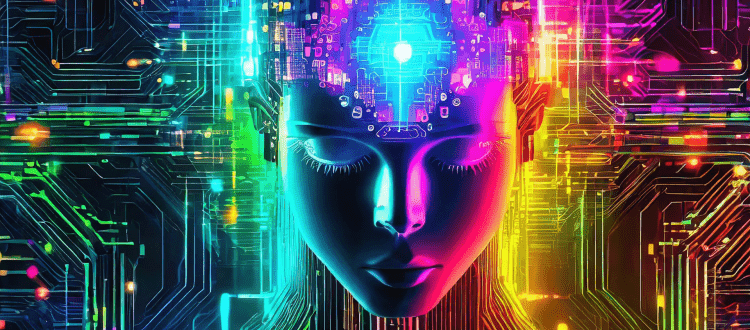The Unstoppable Force of Artificial Intelligence
Artificial Intelligence (AI) has revolutionized many facets of our daily lives, with communication being one of the most significantly affected areas. From social interactions with friends and family to exchanging professional information, AI has made a lasting impact on the way we communicate. In this article, we will delve into the profound impact of artificial intelligence on our social, professional, and personal interactions.
Automation of Communication Tasks
One of the most noticeable ways AI has influenced our communication is by automating specific tasks. Nowadays, sophisticated chatbots are widely used to manage online interactions on company websites, social media, or customer service platforms. These chatbots can understand user queries, provide relevant responses, and even solve some issues without immediate human intervention. While this automation has significantly enhanced communication efficiency, it also raises questions about the authenticity and warmth of human interactions.
Personalization of Communication Experiences
AI has facilitated increased personalization of communication experiences. Machine learning algorithms analyze data collected on our preferences, behaviors, and past interactions to anticipate our needs. In marketing, companies use AI to personalize advertising messages, product recommendations, and even promotional emails. This personalization aims to make communications more relevant to each individual but also raises privacy and information manipulation concerns.
Evolution of Communication Interfaces
Communication interfaces have evolved significantly with the incorporation of AI. Instant messaging applications now use AI algorithms to suggest responses and emojis based on the context of the conversation. Voice assistants such as Siri, Google Assistant, and Alexa utilize AI to comprehend and respond to complex voice commands. Although these advancements have made communication more efficient, they also raise concerns about the growing dependence on machines for basic human interactions.
AI in Social Media
Social media has become integral to our lives, and AI has greatly influenced its functioning. The personalized newsfeeds on social media platforms are powered by machine learning algorithms that display content that aligns with the users’ interests and opinions. This often results in information bubbles where people are exposed to similar perspectives and rarely come across divergent opinions. AI is also used to detect and control inappropriate content, but these systems need to be more reliable and raise questions about censorship and freedom of expression.
Ethical and Social Challenges
Integrating artificial intelligence (AI) into our communication methods presents several ethical and social challenges. Using algorithms in automated decision-making can result in unjust discrimination, as evidenced by automated recruitment systems. In addition, the proliferation of false information and manipulation of public opinion have become significant concerns fueled by algorithms that often prioritize sensational content. Therefore, it is essential to establish regulations and ethical standards to guide the development of AI in the communication field.
In conclusion, the impact of artificial intelligence on our communication modes is profound and undeniable. While benefits such as automation, personalization, and improved communication interfaces have been observed, they come with ethical and social challenges. As a society, it is imperative to continue evaluating and regulating the use of AI in communication, ensuring it serves the common good while respecting fundamental principles of ethics and privacy.

